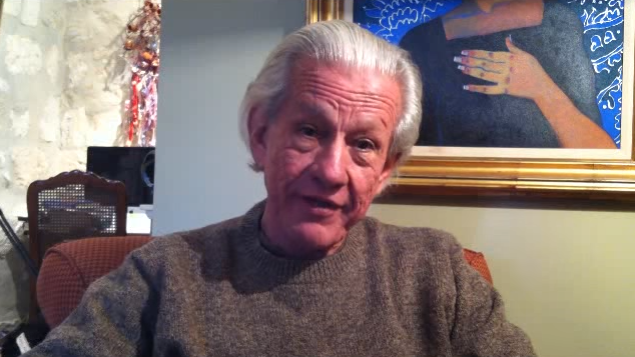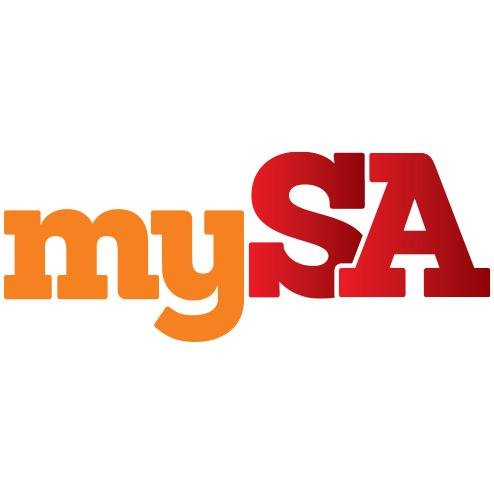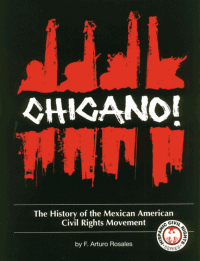Farewell, my Grand Old Party

*The general reaction to this piece has been “this is huge!” It’s an accurate descriptor, with a dig at the GOP presumptive nominee to boot. I did a podcast with Lionel Sosa about a month ago. It was huge as well. Sosa’s op-ed works well as a continuation of our conversation. When we spoke he had already decided that his party had left him. VL
 By Lionel Sosa, MySA (6 minute read)
By Lionel Sosa, MySA (6 minute read)
Ronald Reagan, the man who became the Republican’s Republican, was once a Democrat. “I didn’t leave my party, my party left me,” he declared.
Today, many Republicans are feeling much as Reagan must have felt back in 1962 when he officially switched parties.
I became a Republican more than 60 years ago as a teen after watching Dwight Eisenhower give his acceptance speech at the 1952 convention. His message touched me because he sounded like my dad. “Republicans,” he affirmed, “believe in family. In God. In hard work. Patriotism. Low taxes. Small government. Freedom. Opportunity for all.”
That’s all gone.
Read more NewsTaco stories on Facebook. >>
Instead of “Tear down this wall,” the party promotes a new and bigger wall. A thousand points of light has been replaced by a thousand points of anger. In place of compassionate conservatism, our nominee promotes callousness, extremism and racism. And instead of a unifier, the party now cheers the ultimate “us against them” proponent. Divisiveness incarnate. . . READ MORE
[Photo courtesy of YouTube]


